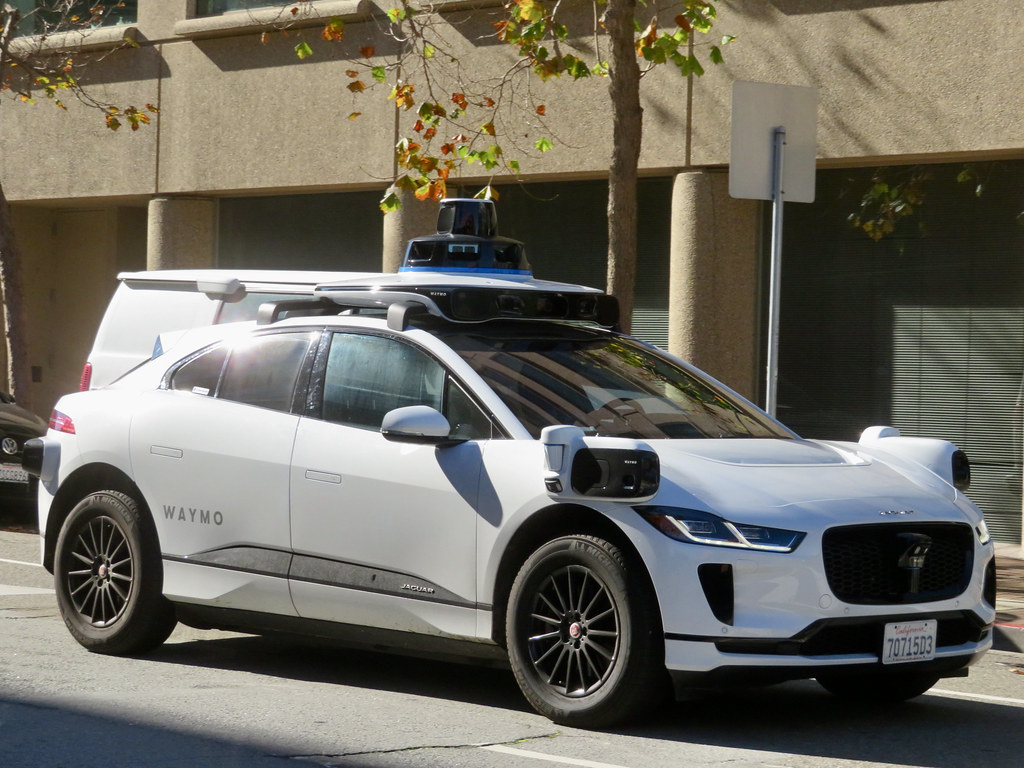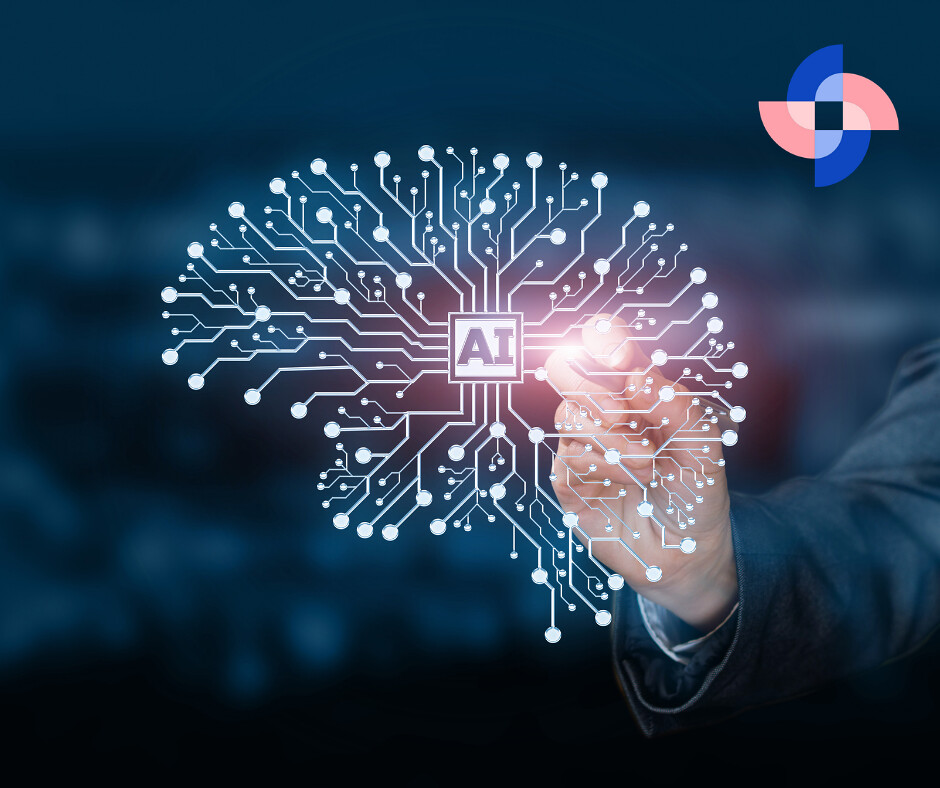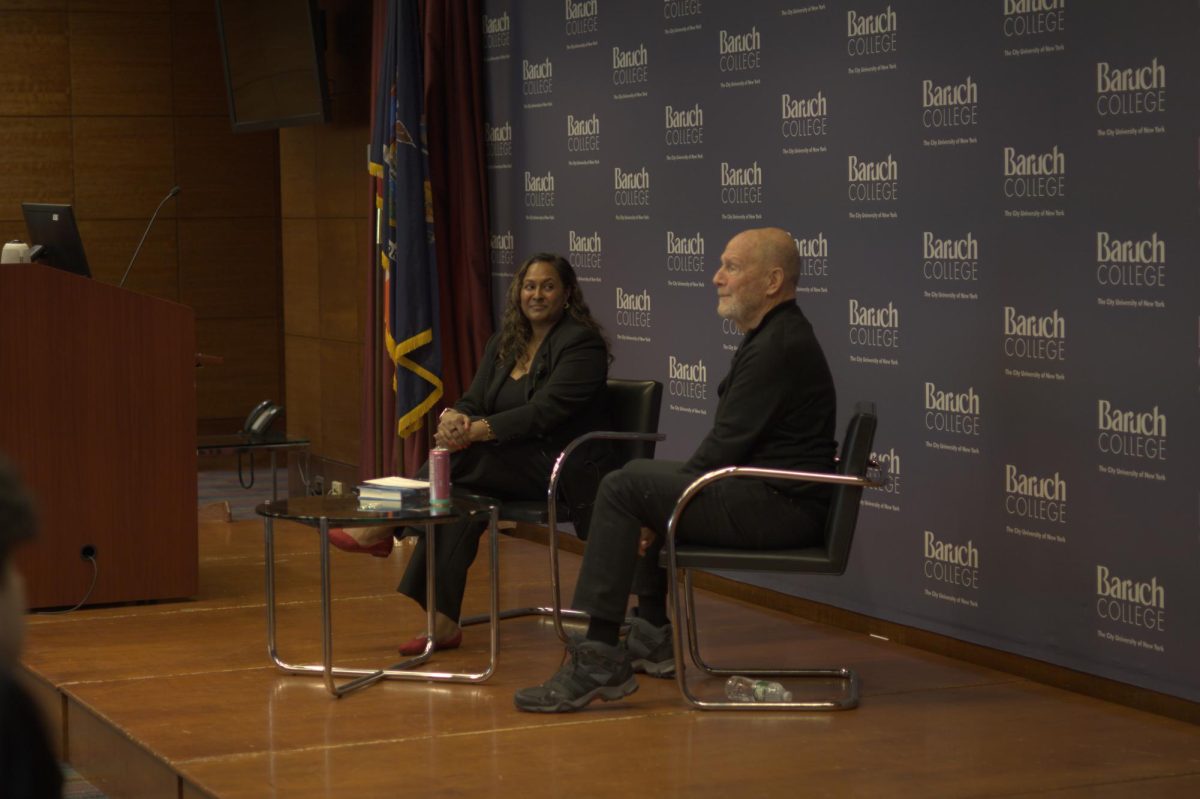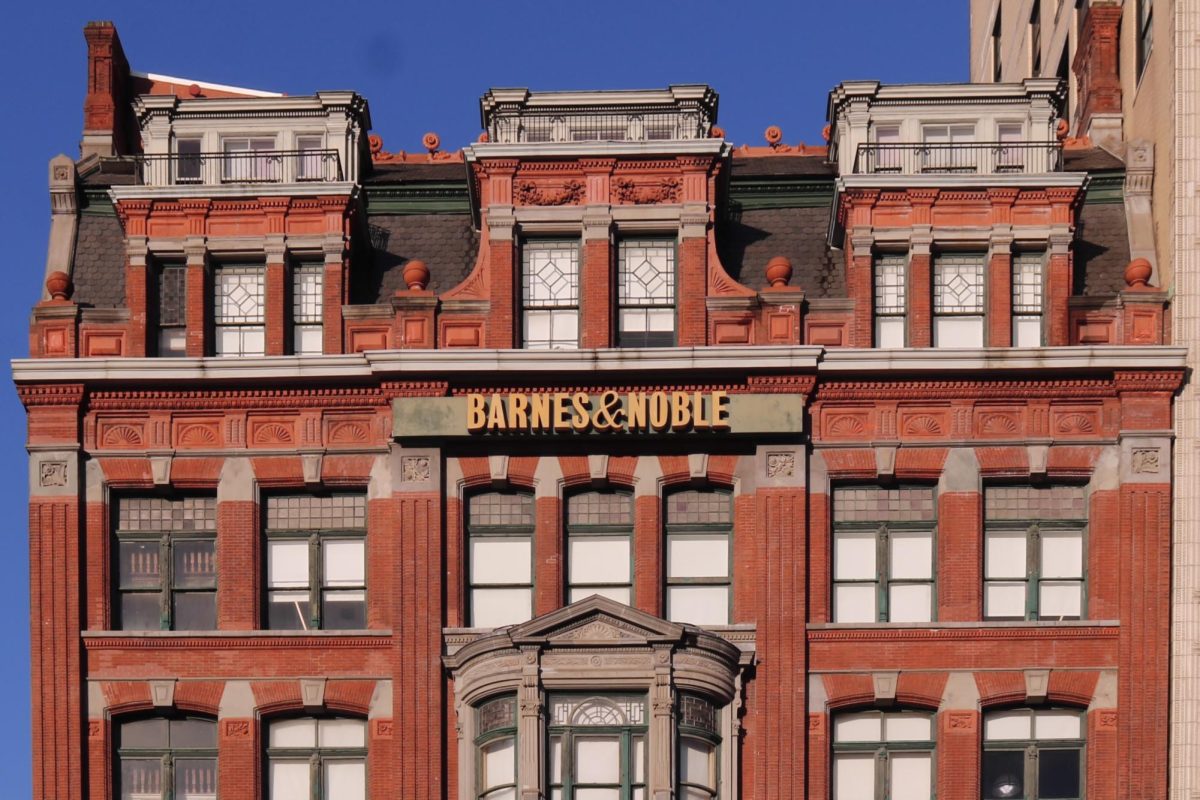Self-driving car company Waymo LLC issued a recall following a software glitch that caused two of its cars to crash into a towed pickup truck in Phoenix.
The California-based ride-hailing company owned by Alphabet Inc. issued a voluntary recall report with the National Highway Traffic Safety Administration for software that was previously across all vehicles in its fleet.
“This voluntary recall reflects how seriously we take our responsibility to safely deploy our technology and to transparently communicate with the public,” Waymo Chief Safety Officer Mauricio Peña wrote in a blog post.
On Dec. 11, 2023, a Waymo vehicle collided with a backward-facing pickup truck being “improperly towed,” according to the post. After the collision, the tow truck continued without stopping, resulting in another Waymo hitting the truck minutes later.
At the time, both Waymo vehicles were unoccupied, causing no injuries and minor damages to the vehicles. Waymo then updated its software across all its 700 robotaxis from Dec. 20 to Jan. 12, which did not disrupt any ride-sharing services.
The recall also followed an incident on Feb. 10 in San Francisco, where a Waymo vehicle was set on fire after someone broke a window and threw a firework inside during a Lunar New Year celebration.
Waymo currently finds itself among many self-driving car companies that have stirred controversy over the measures taken to safeguard passengers and pedestrians on the road.
Moreover, Cruise, Waymo, Motional and the Autonomous Vehicle Industry Association collectively spent approximately $2.4 million on state government lobbying in the first nine months of 2023, according to disclosures filed with the Secretary of State.
California Gov. Gavin Newsom, along with local officials, are at odds on regulating the companies, simultaneously navigating legislation that envisions efficient and safe usage of autonomous vehicles.
In September, Newsom vetoed a bill mandating human drivers in self-driving trucks, a decision opposed by union leaders and truck drivers who believed it could save many jobs. Newsom said that existing laws are sufficient, deeming additional regulations unnecessary.
Calls for regulations rose as Cruise, GM’s autonomous vehicle company, withheld details of an October crash. In response, the U.S. Department of Justice and Securities and Exchange Commission initiated a joint investigation, with potential fines and additional sanctions looming for Cruise. The company suspended operations after the incident and recalled over 1,000 robotaxis.
Still, safety concerns surrounding autonomous vehicles are a major priority for Californians. Since 2014, self-driving cars have been involved in over 2,000 collisions in the state, with Waymo and Cruise responsible for most incidents, according to the California Department of Motor Vehicles.
Meanwhile, some community members also cite the accessibility of self-driving vehicles for the elderly and people with disabilities.
Despite differing opinions, Newsom’s visit to a Tesla gigafactory in China last September led him to envision a promising future with autonomous vehicles, one where the “entire transportation system is completely reorganized.”
“There’s a precision with the technology, but it has to be worked through,” he said. “I just think it’s mesmerizing, the change that’s about to come.”









